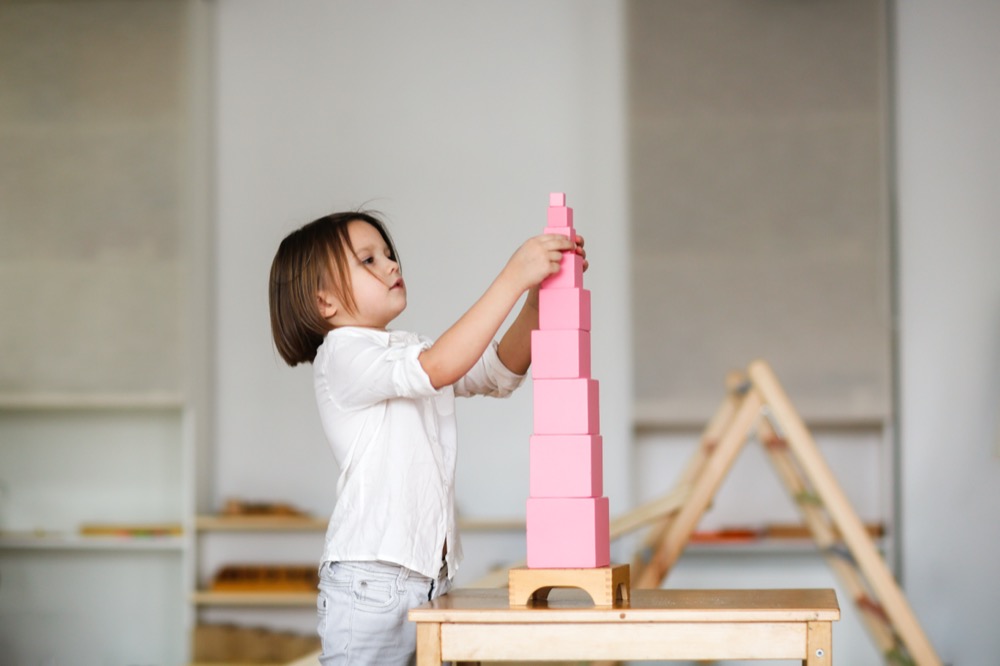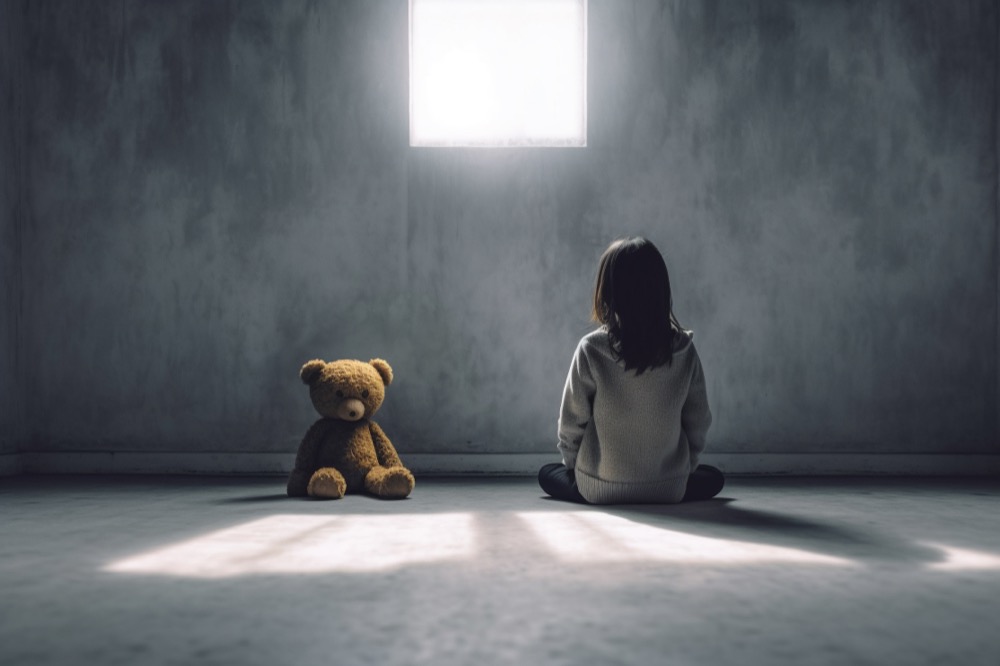Child and Teen Therapeutic Services
Teen and Pre-teen Support
The teen years bring astronomical change and growth, often with it come growing pains. Building healthy friendships and social connections, increasing independence, and learning stress management are just a few areas that become important.
Building on Strengths
No matter the challenge, our goal is to help your teen recognize their strengths and gain confidence. Confidence is more than an attitude, it is a practiced ability. Confidence means taking action instead of avoiding or recognizing options and personal preferences. Although parents and teens often have different perspectives, both tend to be happier when trust and independence are part of the relationship. Some of the skills that counseling can help build include:
- Exploring values
- Identifying healthy relationships
- Practicing open communication
- Increasing social connection
- Suicide prevention/support
- Trauma/bullying recovery
“It’s the ‘job’ of a teenager to practice independence. That can only happen by developing my own opinion, my own way of being and feeling accepted for that effort.”

Play Therapy
Play is a child’s intuitive way of communicating, learning and processing life. Children are limited in their verbal ability to share how they think and feel about their world. Children under the age of 10 can use play to share significant experiences and how they feel about them. Play therapy can be used to support cognitive, behavioral and emotional challenges.
- Behaviors resulting from bullying, grief, divorce, trauma
- Anxiety, depression, hyperactivity
- Learning and social difficulties
Benefits of Play Therapy
Play therapy can seem pretty fun, but it can also show some big successes! Research supports this as helpful for all ages, but especially ages 3-12 years. Play therapy is a child-centered model that allows the therapist to communicate and model skills, and generally enter the world of a child in a respectful and effective way. Play therapy helps children:
- Experience and express emotions
- Develop respect for self and others
- Find creative solutions to problems
- Build connection with family
- Develop empathy and social skills
Kids deal with grief, violence, and discrimination too. The imaginative world of play is a way to enter those hurts and help them navigate their world.

Parent-Child Therapy
When their child is hurting, parents also hurt. Inversely, the parent-child relationship is key to helping children to flourish. Participating in therapy sessions can help parents develop some of the same skills used by play therapists. This impacts healing and growth and often better than individual play therapy outcomes for ages 3-8 years of age.
- Recognize parental burnout and other responses to parenting a child in distress
- Improve connection and co-regulation skills
- Learn key skills that empower you and your child

